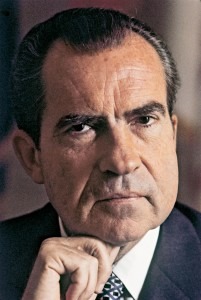
President Nixon
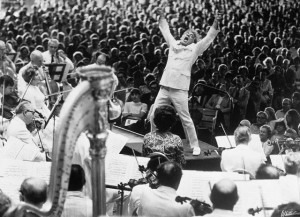
Leonard Bernstein Conducting Boston Symphony
Leonard Bernstein: Mass

President Nixon

Leonard Bernstein Conducting Boston Symphony
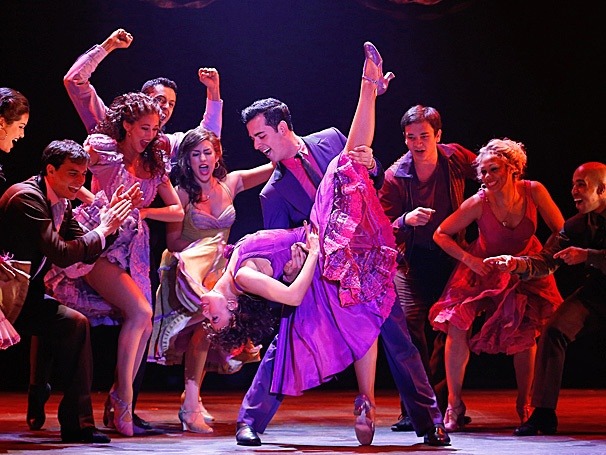 Leonard Bernstein: The Spirit of New York Leonard Bernstein had always longed to write the Great American Opera. Yet, as it happens, he ended up writing the great American musical!
Leonard Bernstein: The Spirit of New York Leonard Bernstein had always longed to write the Great American Opera. Yet, as it happens, he ended up writing the great American musical! 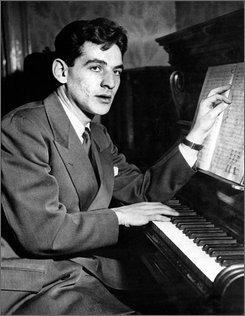 Leonard Bernstein: Music can communicate the unknowable Leonard Bernstein undoubtedly was one of the most supremely talented interpretive musicians of the 20th century.
Leonard Bernstein: Music can communicate the unknowable Leonard Bernstein undoubtedly was one of the most supremely talented interpretive musicians of the 20th century. 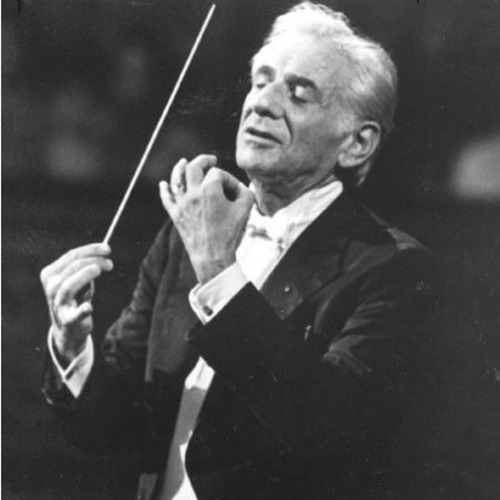 Leonard Bernstein Bernstein once told the New York Times, “I want to conduct. I want to play the piano. I want to write for Hollywood. I want to keep on trying to be, in the full sense of that wonderful word, a musician. I also want to teach...”
Leonard Bernstein Bernstein once told the New York Times, “I want to conduct. I want to play the piano. I want to write for Hollywood. I want to keep on trying to be, in the full sense of that wonderful word, a musician. I also want to teach...” 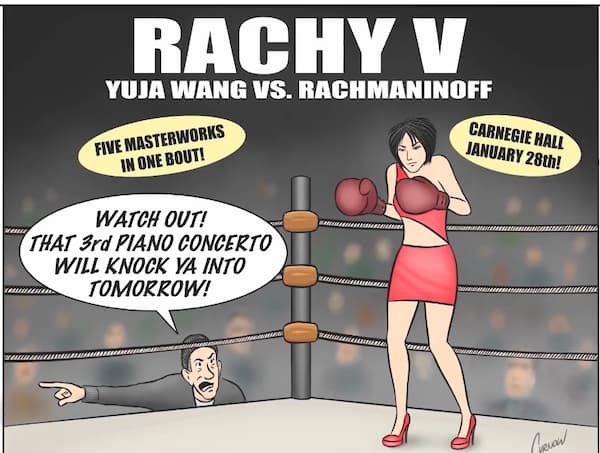 Musicians in Sync – What Yuja Wang’s Heartbeats Tell Us Discover how Yuja's heart raced through 97,076 notes in the Rachmaninoff marathon
Musicians in Sync – What Yuja Wang’s Heartbeats Tell Us Discover how Yuja's heart raced through 97,076 notes in the Rachmaninoff marathon 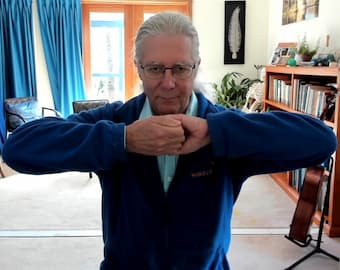 The Goldilocks Principle in the Performance of Music “Allow everything to move that needs to move”
The Goldilocks Principle in the Performance of Music “Allow everything to move that needs to move” 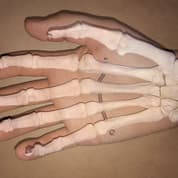 BodyMinded Thinking for the Fingers and Thumbs Learn about the ease of movement, control and power of your fingers
BodyMinded Thinking for the Fingers and Thumbs Learn about the ease of movement, control and power of your fingers  BodyMinded Thinking for Dynamic Postural Support What should musicians be aware of as they are standing/sitting?
BodyMinded Thinking for Dynamic Postural Support What should musicians be aware of as they are standing/sitting?